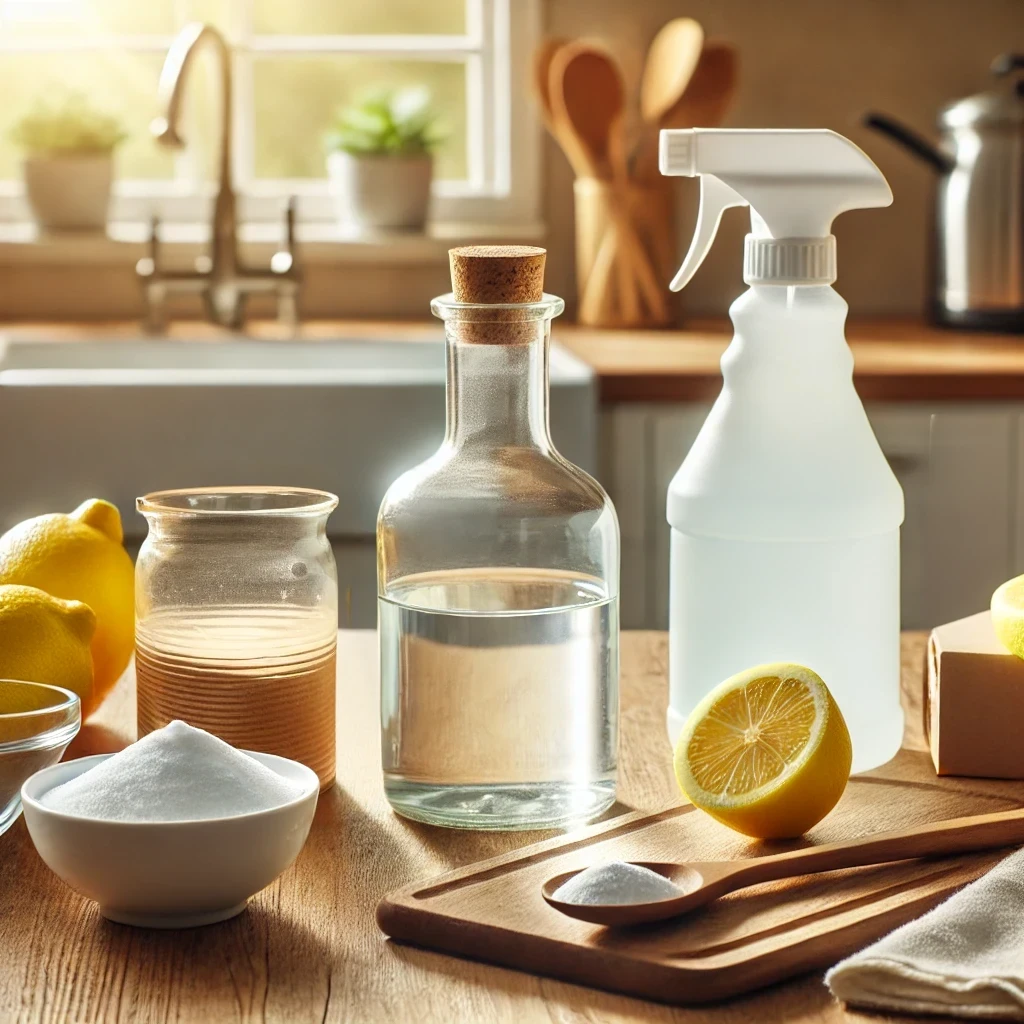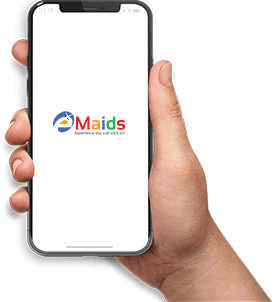Updated: March 11, 2025
Chlorine bleach has long been a household staple for whitening and disinfecting. However, growing awareness of its potential health risks and environmental impact has led many to seek safer, natural alternatives. Below are five effective substitutes that can replace harsh chlorine bleach in your cleaning routine.
1. Lemon Juice
Lemon juice contains citric acid, which acts as a natural bleaching agent. It's effective for removing stains and odors from fabrics and surfaces.
- Usage: For laundry, add half a cup of lemon juice to the wash cycle to brighten whites and impart a fresh scent. To tackle stains, apply lemon juice directly to the affected area, let it sit for a few minutes, and then wash as usual. Additionally, lemon juice can be used to clean cutting boards by sprinkling salt on the surface, scrubbing with half a lemon, and rinsing thoroughly.
2. Baking Soda
Baking soda (sodium bicarbonate) is a versatile cleaner known for its whitening and deodorizing properties. It's gentle yet effective on various surfaces.
- Usage: In laundry, add half a cup of baking soda to the wash cycle to help brighten whites, soften fabrics, and neutralize odors. For stain removal, create a paste with water and apply it to the stained area before laundering. Around the house, sprinkle baking soda on surfaces like sinks, stovetops, and bathroom tiles, then scrub gently to remove grime and stains.
3. White Vinegar
White vinegar is a mild acid that serves as a natural disinfectant and deodorizer. It's effective in breaking down mineral deposits, cutting through grease, and whitening fabrics.
- Usage: For laundry, add one cup of white vinegar to the rinse cycle to brighten whites, soften fabrics, and eliminate odors. To clean surfaces, mix equal parts of white vinegar and water in a spray bottle and use it to disinfect countertops, sinks, and glass. Additionally, white vinegar can be used to remove mold and mildew; apply it directly to the affected area, let it sit, and then scrub clean.
4. Hydrogen Peroxide
Hydrogen peroxide is a natural bleaching agent and disinfectant, making it a suitable alternative to chlorine bleach. It's effective in removing stains and killing germs without leaving harmful residues.
- Usage: In laundry, add one cup of hydrogen peroxide to the wash cycle to brighten whites and disinfect fabrics. For cleaning surfaces, use a 3% hydrogen peroxide solution to disinfect countertops, cutting boards, and bathroom fixtures. It's also useful for cleaning grout; spray hydrogen peroxide on the grout lines, let it sit for a few minutes, and then scrub with a brush.
5. Oxygen-Based Bleach
Oxygen-based bleaches, such as those containing sodium percarbonate, are eco-friendly alternatives that whiten and brighten fabrics without the harshness of chlorine. They break down into water and oxygen, leaving no toxic residues.
- Usage: For laundry, add the recommended amount of oxygen bleach to the wash cycle to whiten and brighten clothes. To clean surfaces, dissolve oxygen bleach in water according to the package instructions and use it to scrub countertops, sinks, and tiles. It's also effective for cleaning grout and removing stains from carpets and upholstery.
Safety Tips:
- Spot Test: Before using any natural cleaner on a new surface or fabric, perform a spot test in an inconspicuous area to ensure it doesn't cause discoloration or damage.
- Proper Ventilation: Ensure adequate ventilation when using natural cleaners, especially in confined spaces, to avoid inhaling fumes.
- Storage: Store natural cleaning agents in labeled containers, away from children and pets.
By incorporating these natural alternatives into your cleaning routine, you can maintain a clean and healthy home environment without relying on harsh chemicals.

